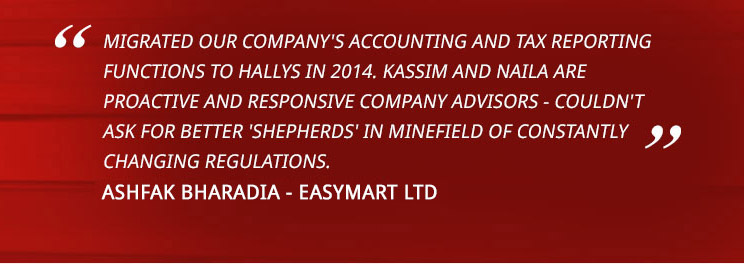As we are approaching the annual holiday season it would seem to be a suitable time to set out employees’ rights to receive holiday pay.
Almost all workers are legally entitled to 5.6 weeks’ paid holiday per year (known as statutory leave entitlement or annual leave). An employer can include bank holidays as part of statutory annual leave.
Most workers who work a 5-day week must receive at least 28 days paid annual leave per year. This is the equivalent of 5.6 weeks of holiday.
Part-time workers are entitled to less paid holiday than full-time workers. They are entitled to at least 5.6 weeks of paid holiday but this amounts to fewer than 28 days because they work fewer hours per week.
Statutory paid holiday entitlement is limited to 28 days, and so staff working 6 days a week are still only entitled to 28 days’ paid holiday.
Bank holidays or public holidays do not have to be given as paid leave. An employer can choose to include bank holidays as part of a worker’s statutory annual leave. An employer can also choose to offer more leave than the legal minimum. They don’t have to apply all the rules that apply to statutory leave to the extra leave. For example, a worker might need to be employed for a certain amount of time before they become entitled to the additional entitlement.
Paid annual leave is a legal right that an employer must provide. If a worker thinks their right to leave and pay are not being met there are a number of ways to resolve the dispute.















